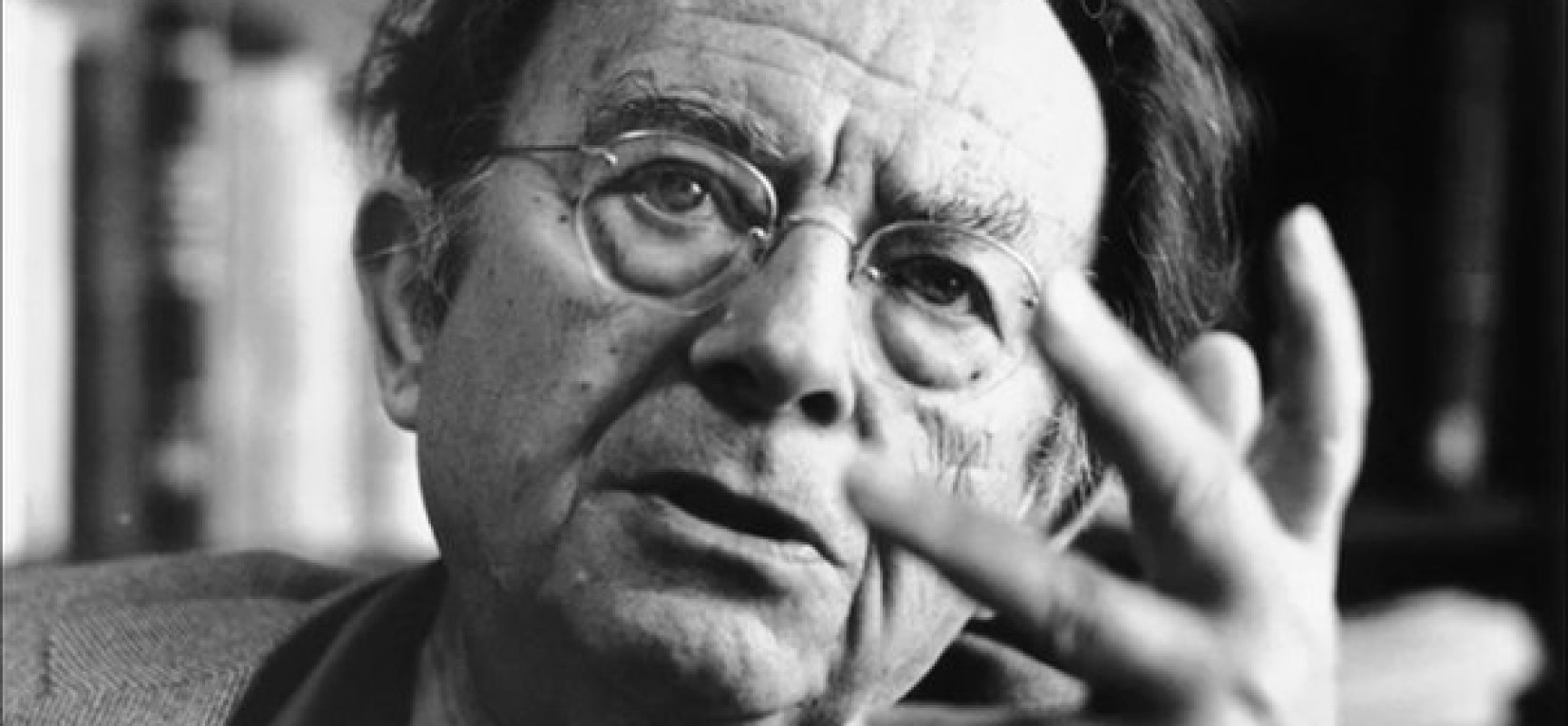The most popular psychoanalyst of the 20th century: Who is Erich Fromm?
Erich Fromm, one of the most popular sociologists of the 20th century with his many books and sayings, including The Art of Loving, was known for developing the concept that freedom is a fundamental part of human nature and challenging the theories of Sigmund Freud.

Fromm was born in Frankfurt on March 23, 1900, to Orthodox Jewish parents and was the family's only child. He would later describe his family as “extremely neurotic” (i.e., psychologically disturbed).
Fromm was greatly affected by the outbreak of World War I when he was 14 years old, and during this period he developed a keen interest in group behavior. This is where his interest in psychology came from.
Erich Seligmann Fromm (March 23, 1900 – March 18, 1980) was a German-American social psychologist, psychoanalyst, sociologist, humanistic philosopher, and democratic socialist. He was a German Jew who fled the Nazi regime and settled in the United States. He was one of the founders of The William Alanson White Institute of Psychiatry, Psychoanalysis and Psychology in New York City and was associated with the Frankfurt School of critical theory.
He began to look for answers to the questions that accumulated in his mind in the books of thinkers, including Sigmund Freud and Karl Marx, who were influenced by him at a young age.
Erich Fromm's Educational Life
He majored in sociology at the University of Heidelberg and earned his doctorate in the field under the supervision of Alfred Weber in 1922. He started studying psychoanalysis at the University of Frankfurt in 1924, and after completing his studies, he moved to the Berlin Psychoanalysis Institute.
In 1926, he married Freida Reichmann, 10 years his senior, who had been Fromm's own psychoanalyst. However, this marriage ended after four years.
Career of Erich Fromm
Throughout his life, Fromm maintained a busy career that included numerous teaching positions, as well as publishing a number of books, and running his own clinical practice. Fromm also helped found the Frankfurt Psychoanalytic Institute, where he taught from 1929 to 1932. After the Nazis came to power in Germany, he moved to the Geneva Institute in Switzerland and later to Columbia University in New York.
After Erich Fromm moved to the United States, he continued to teach at many schools, including the New School for Social Research at Columbia and Yale.
Fromm's criticisms of Sigmund Freud's theories led him to contradict other psychoanalysts, and in 1944 the New York Psychoanalytic Institute banned him from supervising students.
Erich Fromm, who remarried in 1944, became a US citizen and moved to Mexico in hopes of alleviating his second wife's illness. He began teaching at the National Autonomous University of Mexico in 1949 and continued to work there until his retirement in 1965. After his wife's death in 1952, he founded the Mexican Psychoanalytic Institute and continued to run it until 1976.
He married for the third time in 1953 and also continued to work in Mexico. He also taught at many schools following this period, including Michigan State University and New York University. Fromm moved to Muralto, Switzerland, in 1974 and lived there until his death.
Erich Fromm's Works and Contributions to Psychology
Today, Erich Fromm is considered one of the most important psychoanalysts of the 20th century. Although he was influenced by Freudian theories in his early years, Fromm became part of a group that included Karen Horney and Carl Jung, later known as neo-Freudians.
Fromm criticized many of Freud's ideas, including the Oedipus complex, life and death instincts, and libido theory. He also believed that society and culture played an important role in human individual development.
Fromm had a great influence on humanistic psychology. He believed that life was a contradiction because humans were both part of nature and separate from it. According to Fromm, basic existential needs emerged from this conflict, including kinship, creativity, rootedness, identity, and a framework of orientation.
Books by Erich Fromm
Escape from Freedom, 1941
Man for Himself, 1947
Psychoanalysis and Religion, 1950
The Sane Society, 1955
The Art of Loving, 1956
The Heart of Man, 1964
The Nature of Man, 1968
The Anatomy of Human Destructiveness, 1973
The Art of Being, 1993
On Being Human, 1994.
